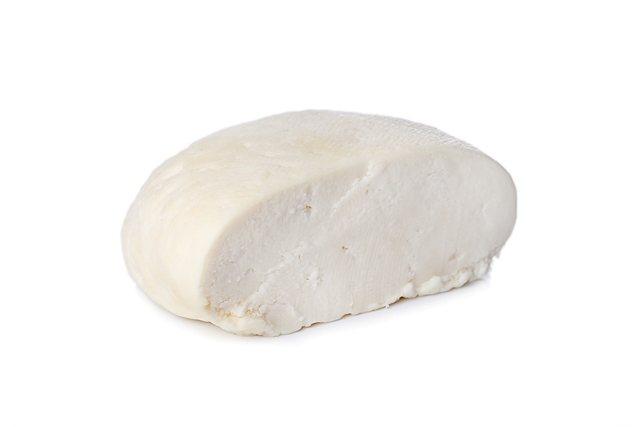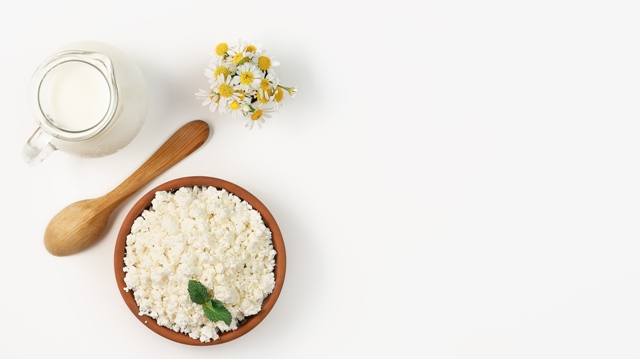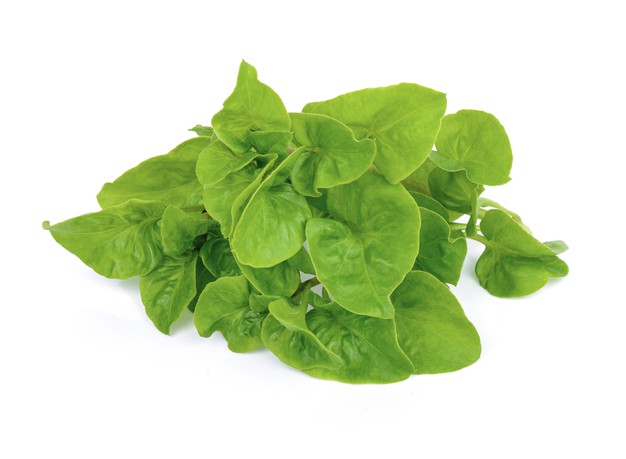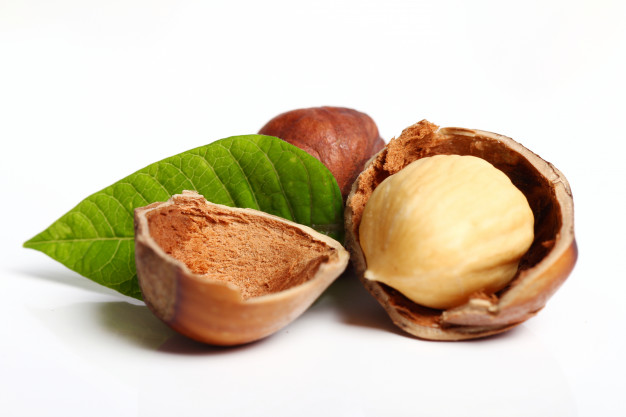Cottage cheese is a nutritious dairy product prepared by boiling and curdling milk with the help of lime or vinegar. It has been traditionally used for various medicinal and culinary purposes and offers numerous health benefits.
Nutritional profile
- It contains desirable amount of carbohydrate, especially in the form of lactose
- It is considered as a good source of proteins. It contains various important amino acids
- It contains fat as well. It contains both saturated and unsaturated fatty acids. Actually the amount of fat in cottage cheese is totally depends upon the type of milk from which it is prepared
- It is packed with several micronutrients like Vitamin A, Vitamin D, Vitamin B1, B2, B3, B5, B6, B9, B12, calcium, phosphorus, sodium, potassium, zinc and magnesium
Biological activity
Antioxidant activity
- Micronutrients present in cottage cheese especially selenium exhibit potent antioxidant activities that help to protect the body from oxidative damages
- It helps to decrease the concentration of reactive oxygen species as well as free radicals in body
- It is also associated with preventing lipid peroxidation and helps in protecting the body from its detrimental effects
- It helps to prevent cellular damages by decreasing oxidative stress, which ultimately lowers the risk of developing chronic diseases


Anti-carcinogenic activity
- Its micronutrient components especially calcium and Vitamin D components are responsible for decreasing the prevalence of carcinoma as they exert strong anti-carcinogenic activity
- It is associated with inducing apoptosis, which ultimately hinders the growth of malignant cells in body
- Consumption of cottage cheese especially low fat cottage cheese is extremely effective for decreasing the prevalence of breast cancer
Role of cottage cheese on health and disease prevention
Role on immunity
- Consumption of cottage cheese is extremely helpful for boosting up the overall immunity of the body
- Its protein component is accountable for promoting the synthesis of antibody and immunoglobulins, which help to strengthen the defense mechanism of the body
- It is also associated with enhancing the activity of immune cells and all the credit goes to its antioxidant activity, which is responsible for protecting every immune cell from oxidative damages. As a result it helps in improving the resistance power of the body, which eventually lowers the susceptibility of becoming ill
Role on digestive health
- It plays imperative role in promoting overall digestive health
- Its potassium component is responsible for improving digestion as well as excretion
- Magnesium present in cottage cheese acts as a laxative, which helps in improving bowel movement and prevents constipation
- Its antioxidant activity is also accountable for protecting the digestive tract from free radical induced oxidative damages, which plays imperative role in lowering the prevalence of gastrointestinal disorders

Role on muscle
- It is considered as a good source of protein thus its consumption is thought to be very effective for improving muscular health as protein acts as building block for muscles
- It helps to improve muscle mass
- It is also associated with enhancing muscular strength, which ultimately helps to improve endurance
- It helps to prevent muscle damage as well
Role on metabolism
- Consumption of cottage cheese is closely related with improving overall metabolism of the body as it contains significant amount of B vitamins
- Its B vitamins components, especially Vitamin B1, B2, B3 and B6 act as coenzymes in various metabolic reactions
- It is also associated with boosting up the energy level of the body, which ultimately helps to prevent general weakness and fatigue
- Its potassium component helps in the production of ATP as well
Role on skeletal health

- Its calcium component is considered as the principal component for skeletal health as it plays significant role in healthy bone formation
- It helps in bone mineralization as well that helps to increase bone mass and bone mineral density. As a result it helps to strengthen the bone and prevents the prevalence of bone thinning and fractures
- It is extremely helpful for preventing osteoporosis
Role on nervous system
- Its consumption is very beneficial for maintaining a healthy nervous system
- Its Vitamin B6 and protein components are responsible for promoting the growth and development of brain
- It also helps to improve the functionality of both central and peripheral nervous system
- Its calcium component helps in transmitting nerve impulse
- Its antioxidant activity is accountable for protecting every nerve cell from oxidative damages thus helps in improving their activity as a result lowers the risk of developing neurological disorders
- It helps to improve mental health as well. It has seen that consumption of cottage cheese significantly decreases the stress level and anxiety. It helps to improve mood as well

Role on biological functions
- It contains desirable amount of zinc, which plays significant role in improving overall biological functions of the body
- Zinc is considered as one of the most important minerals that found in brain, kidney, muscle, liver, bone, eye as well as prostate and promotes their health and functionality
- Zinc is also associated with improving the metabolism of DNA and RNA
- Zinc helps to improve digestion as well
- Zinc also helps to promote the immunological responses of the body
- Zinc is also related with improving ocular health, prostate health and plays significant role in relieving anxiety and stress

Role on cardiac health
- It contains various imperative nutrients that promote cardiac health
- Its protein component is responsible for improving the growth of cardiac muscle and also promotes the health and functionality of myocardium
- Its potassium component is responsible for preventing hypertension
- Its magnesium component is accountable for preventing arrhythmias as it helps to maintain normal heart beat
- It also decreases the prevalence of strokes and heart attacks
Hypoglycemic effect
- It is considered as a healthy snack for diabetes patient as it plays significant role in decreasing blood sugar concentration
- Its magnesium and protein components are considered as the main components, which are responsible for reducing postprandial blood sugar spike
Role on maternal health
- Consumption of cottage cheese during pregnancy is very much helpful for promoting the growth and development fetus
- Its B vitamin components help to promote the growth of the fetal nervous system
- Proteins of cottage cheese play vital role in promoting the growth of maternal tissues as well
- Its folic acid component is also responsible for decreasing the prevalence of birth defects

Role on weight management
- It has seen that consumption of cottage cheese plays significant role in reducing body weight
- Its protein content exerts a feeling of fullness by delaying stomach emptying, which helps to decrease appetite hence reduces over consumption, which ultimately facilitates weight reduction
- Conjugated linoleic acid component of cottage cheese is also responsible for preventing obesity as it is associated with stimulating lipolysis
Culinary uses
- It can be consumed with salads
- It can be used with vegetables and egg for preparing omelet
- It can also used for preparing stews or curries
- It can be added into batter as a substitute for milk for preparing pancakes
- It can also be used for preparing smoothie
Risk factors
Excessive consumption of cottage cheese may increase the prevalence of hypertension due to its sodium content. It can also increase the risk of digestive disorders and obesity if consumed in large amount.


Source:
Chen, Y., Nummer, B. and Walsh, M.K., 2014. Antilisterial activity of lactose monolaurate in milk, drinkable yogurt and cottage cheese. Letters in applied microbiology, 58(2), pp.156-162.
da Cruz, A.G., Buriti, F.C.A., de Souza, C.H.B., Faria, J.A.F. and Saad, S.M.I., 2009. Probiotic cheese: health benefits, technological and stability aspects. Trends in Food Science & Technology, 20(8), pp.344-354.
Pozzobon, V. and Pozzobon, C., 2019. Cottage cheese in a diet–a review. Nutrition & Food Science.
Rasheed, S., Qazi, I.M., Ahmed, I., Durrani, Y. and Azmat, Z., 2016. Comparative study of cottage cheese prepared from various sources of milk. Proceedings of the Pakistan Academy of Sciences, 53(4), pp.269-282.
Tunick, M.H. and Tunick, M., 2014. The science of cheese. Oxford University Press.









